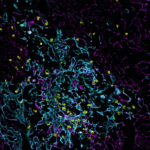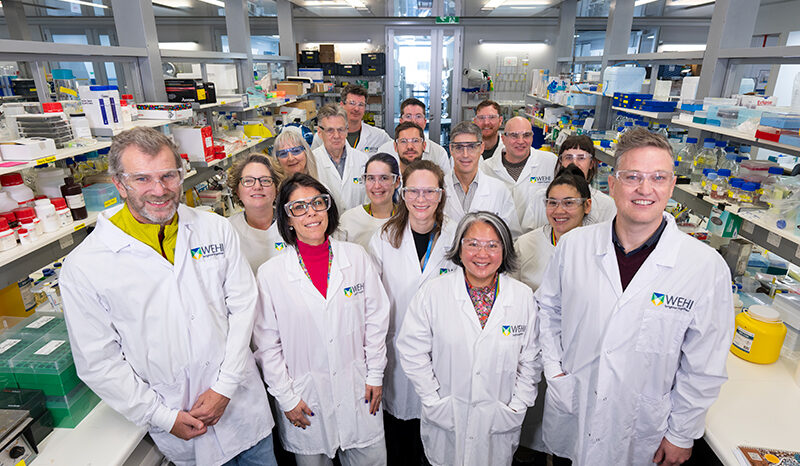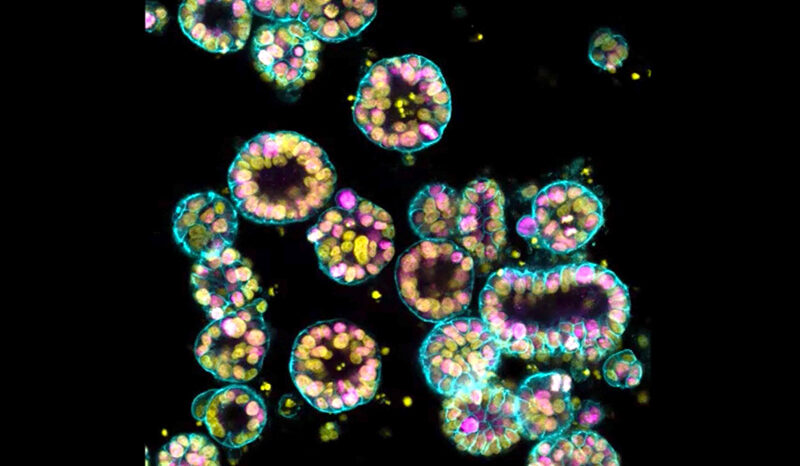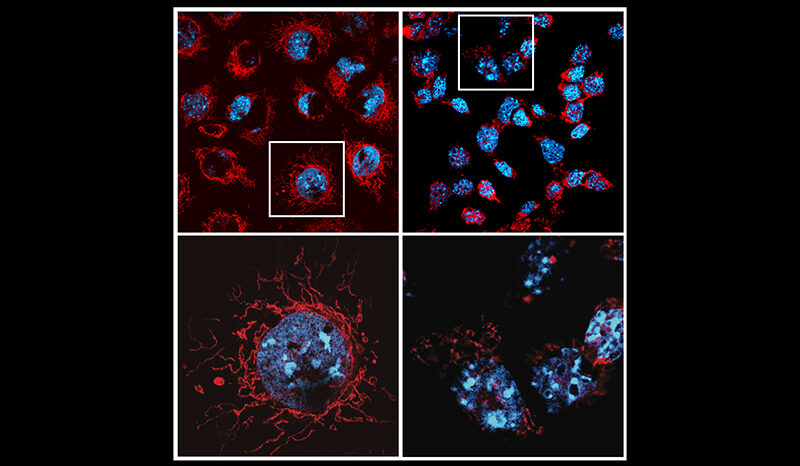Antibodies bind to foreign proteins, and can be highly specific for a small part of that protein (the antigen). Antibodies play a crucial role in our immune system’s ability to recognise and fight infections.
The specificity of antibodies makes them an invaluable tool for medical research. Medical researchers use antibodies to help answer fundamental biological questions, for example understanding how specific proteins behave, and to assist in developing new therapies. Antibody-based drugs are in clinical use for diseases including cancer, inflammatory and autoimmune conditions.
WEHI has a dedicated Antibody Facility for developing and producing antibody products and supporting antibody-based research. This access to bespoke antibody services enables researchers to advance their projects more rapidly, while expertise from the facility’s experienced team assists in optimising experimental design.














